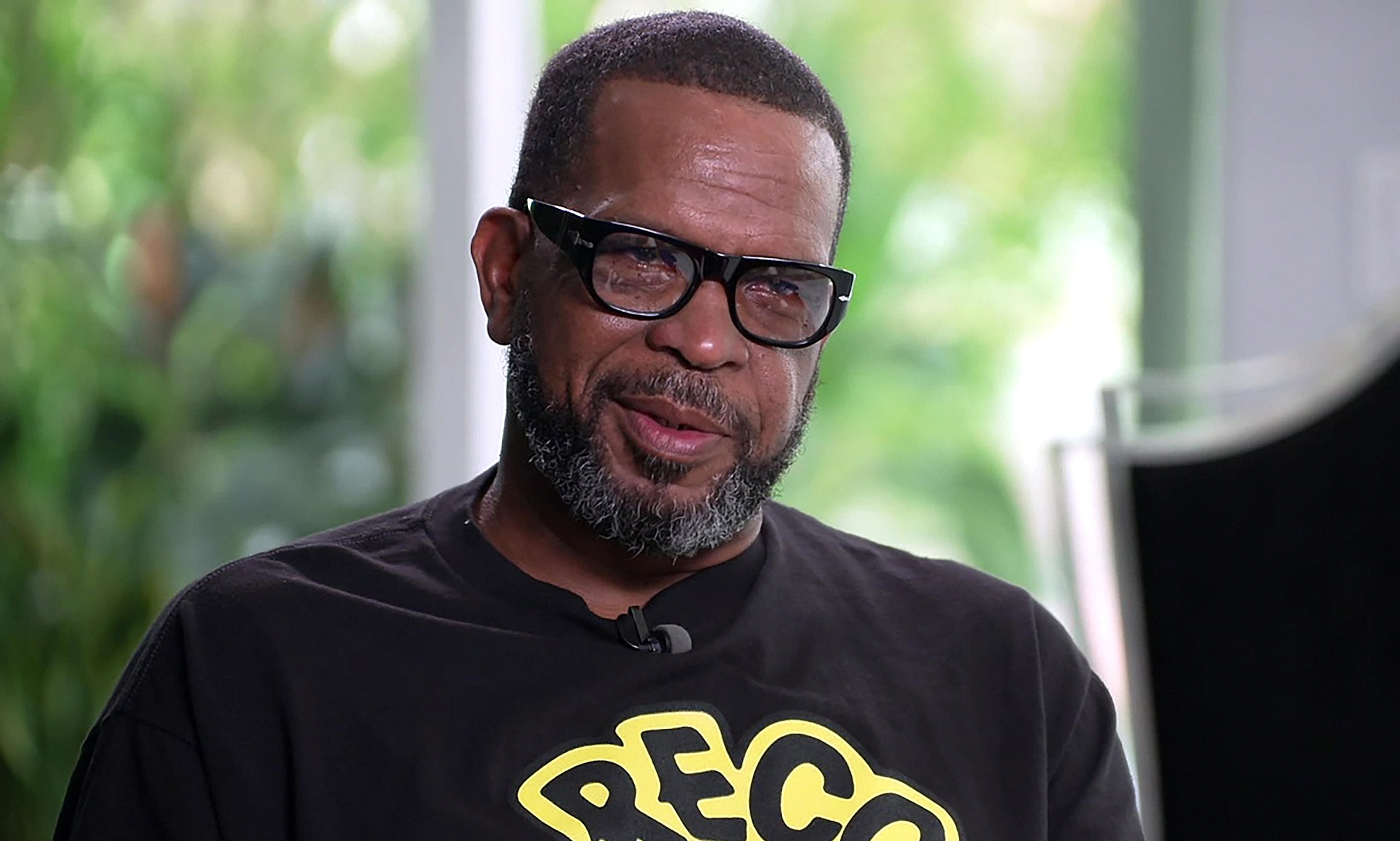2 Live Crew members look back at battle for hip-hop free speech
"They didn't look at it like it was a form of art."
It's been 34 years since 2 Live Crew shocked the entertainment world with their album "As Nasty as They Wanna Be," complete with sexually explicit lyrics and a provocative cover.
But through the backlash and legal battles, two members of the group told ABC News Live they were proud to stand up for their rights as artists and push back against the mainstream criticism of hip-hop.
"Oh, we knew we were going to get arrested," 2 Live Crew member Uncle Luke, whose real name is Luther Campbell, told ABC News Live. "It was so important for me because I knew that we were one. We were under attack. We were under attack because it was hip-hop."
And as the country continues to debate over explicit lyrics, he and fellow member Mr. Mixx told ABC News that artists need to keep pushing boundaries.

The group, made up of Uncle Luke, Mr. Mixx (David Hobbs), Brother Marquis (Mark Ross) and the late Fresh Kid Ice (Christopher Wong Won), quickly made a name for themselves in the 1980s, first in the Miami music scene and then around the world.
They would sell more than 3 million albums.
"We were really just doing music for Miami, not knowing that it would catch on throughout the country," Uncle Luke said.
When "As Nasty as They Wanna Be" hit stores in 1989, it sparked outrage and disgust from some neighborhoods. The album cover had an image of scantily dressed women surrounded by men and one of its biggest singles was "Me So Horny."
Multiple counties in Florida tried to ban the group's album from being sold after a federal judge ruled it to be obscene, and some record store owners were even arrested.
Uncle Luke and Fresh Kid Ice were arrested during a performance in 1990.
"It was, it was a shock," Uncle Luke said.
The group pushed back and went to court several times to overturn the obscenity rulings.
"It's not just language, it's music," the group's attorney Bruce Rogow told ABC News. "This is a form of art, and so it's protected."

Rogow told the group that no matter what the courts said, their songs would grow in popularity, and he was right as the controversial singles climbed the charts in the early 1990s.
However, the group would get into another legal battle, this time over parodying Roy Orbison's "Oh, Pretty Woman" in their album "As Clean as They Wanna Be," a sanitized version of the 1989 album.
After being denied permission to sample Orbison's copyrighted song, the group decided to publish the song anyway as a parody, prompting a lawsuit from the label behind "Oh, Pretty Woman."
"They didn't look at it like it was a form of art. They looked at it as a form of stealing somebody else's work," Mr. Mixx said.
The case went all the way to the Supreme Court, which ruled unanimously in favor of 2 Live Crew in 1994.
"He made law in terms of the First Amendment in obscenity, and he made law in terms of copyright law. Not too often that a rapper gets to make both federal constitutional law and federal copyright law," Rogow said.
When it came to the ongoing criminal case surrounding Young Thug and the use of his lyrics against him in court, the two members of 2 Live Crew had different opinions.
"I don't ever think any prosecutors use lyrics against artists," Uncle Luke said. "Writing is an art form, and you have to write from the standpoint of what's going on today in the streets."

Mr. Mixx said he felt differently.
"Is just foolish to me that a person would say that we murdered some guys," he said.
Some states are looking into legislation that would change how song lyrics are used in criminal investigations.
Uncle Luke said he is proud that he and his group fought for their First Amendment rights and set the stage for other hip-hop artists to express themselves without any repercussions.
"I knew that if we don't take on this fight of hip-hop, that people of today wouldn't be able to do it," he said.



